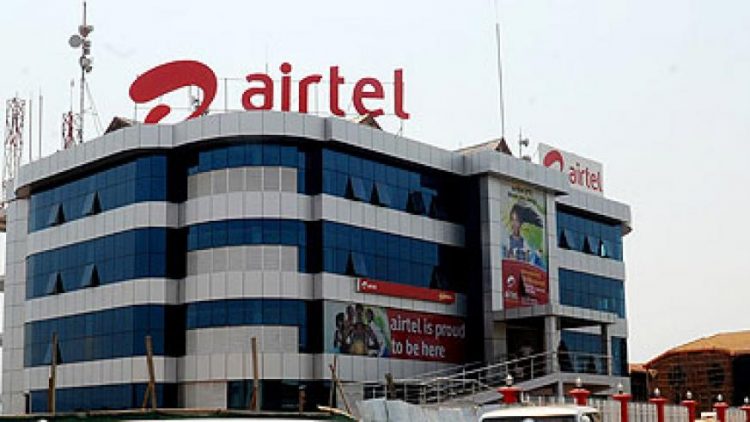Airtel Nigeria’s Tariff Hike: A Response to Rising Operational Costs
Airtel Nigeria, the second-largest telecommunications operator in the country, has implemented a price adjustment on its data bundles, with increases reaching up to 50 percent, according to information published on the company’s website. This move comes amidst industry-wide concerns regarding escalating operational costs and reflects a broader trend among telecom operators seeking tariff reviews to mitigate the impact of inflation and forex volatility. Although Airtel has yet to release an official statement, a senior official confirmed the price changes, attributing them to the increasing cost of doing business in the current economic climate. While the specific percentage increase may vary across different data plans, the upward revision is undeniable and reflects the financial pressures faced by the industry. Airtel, with its subscriber base exceeding 56 million, had previously increased voice call tariffs over the preceding weekend, signaling a comprehensive pricing strategy adjustment. This move emphasizes the operator’s need to adapt to the prevailing economic conditions to maintain service quality and profitability.
The revised pricing structure encompasses a range of daily and weekly data plans tailored to varying consumption needs. Options include N50 for 40MB valid for one day, N100 for 100MB valid for one day, N200 for 200MB valid for three days, and N350 for 1GB valid for one day. Weekly plans offer greater data allowances, with options such as N350 for 350MB, N500 for 750MB bundled with additional YouTube Night and music streaming data, and N500 for 1GB with similar add-ons. Larger data bundles include a N500 option for 2GB valid for two days and a N1500 plan for 5GB valid for seven days. Airtel emphasizes its commitment to affordability despite the price adjustments, assuring customers of a "fast, affordable, and reliable internet experience" and encouraging them to explore the revised plans. The company’s positioning highlights its intention to balance the need for increased revenue with continued value for its customer base. This strategic balancing act aims to ensure sustainable operations while retaining customer loyalty in a competitive market.
Airtel’s tariff revision is not an isolated incident within the Nigerian telecommunications landscape. MTN, the country’s leading telecom provider, has also implemented price adjustments for its data and call tariffs, following approval from the Nigerian Communications Commission (NCC). These changes, implemented over the past week, have resulted in increased costs for calls, SMS, and internet usage for MTN subscribers. This parallel move underscores the shared challenges faced by major players in the industry and suggests a coordinated response to the prevailing economic pressures. The convergence of tariff adjustments by both Airtel and MTN points towards a potential industry-wide trend, driven by the need to maintain profitability in the face of rising operational expenses.
The telecom industry in Nigeria is currently grappling with a confluence of economic challenges, including inflation, foreign exchange volatility, and the rising cost of network expansion. These factors contribute to increased operational costs, necessitating tariff adjustments to ensure the long-term viability and service quality of telecommunications networks. Inflation erodes the purchasing power of revenue, while forex volatility impacts the cost of imported equipment crucial for network maintenance and expansion. The increasing demand for data and the need for constant network upgrades further exacerbate these financial pressures. The industry’s response reflects the complex balancing act required to manage these interconnected challenges while maintaining customer satisfaction and investor confidence.
While these tariff revisions are intended to support long-term service improvements and network expansion, they inevitably place an increased financial burden on subscribers. As communication costs rise, individuals and businesses may face pressure on their budgets, potentially impacting their access to essential communication services. The affordability of communication services is crucial for economic development and social inclusion, and the impact of these price increases on different segments of the population warrants careful consideration. Policymakers and regulators must balance the needs of the industry with the affordability concerns of consumers to ensure that access to communication services remains equitable and sustainable. The potential for these price increases to exacerbate the digital divide requires careful monitoring and appropriate interventions.
The situation underscores the complexities of managing a vital industry within a challenging economic environment. The telecom sector plays a critical role in Nigeria’s economic growth and social connectivity, and its sustainability is paramount. The ongoing dialogue between operators, regulators, and consumers is crucial to finding a balance that ensures both the viability of the industry and the affordability of essential communication services for all Nigerians. The future of the telecom industry in Nigeria hinges on the ability of all stakeholders to navigate these complex issues and arrive at solutions that promote both industry growth and consumer welfare.


